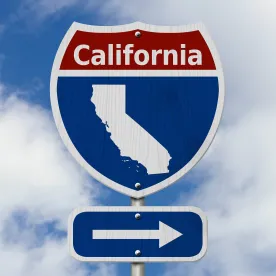Three years ago, Governor Newsom signed AB 1864 into law. This legislation gave the Department of Financial Protection & Innovation the authority to define unfair, deceptive, and abusive acts and practices in connection with the offering or provision of commercial financing or other offering or provision of financial products and services to small business recipients, nonprofits, and family farms. Cal. Fin. Code § 90009(e). Taking advantage of this authority, the DFPI recently adopted regulations that purport to define, among other things, "unfair, deceptive, and abusive acts and practices". These rules will become effective on October 1, 2023.
A huge problem with these new rules is that they really do not do what they purport to do. For example, the rules label a practice as "unfair" if either:
(1) (A) The act or practice causes or is likely to cause substantial injury to covered entities;
(B) the injury is not reasonably avoidable by covered entities; and
(C) the injury is not outweighed by countervailing benefits to covered entities or to competition.(2) The act or practice is unfair in accordance with Business and Professions Code section 17200 and the case law thereunder.
10 CCR § 1061(b). The obvious problem with this definition is its lack of any specificity, opening the door to litigation about the application of vague and indeterminate standards to a particular practice.
The DFPI's rules apply to practices in connection with the provision of "commercial financing" or other "financial product or service" to a "covered entity". 10 CCR § 1061(a). The DFPI defines a "covered entity" as "a small business, nonprofit, or family farm whose activities are principally directed or managed from California". 10 CCR § 1060(d) (the DFPI further defines the terms "small business", "nonprofit" and "family farm").
One challenge of rulemaking is to avoid unintended consequences. For example, it has been reported that a new federal requirement that sesame be listed as an allergen on food labels has had the unintended consequence of increasing the number of products that include sesame. It turns out that bakers found it less expensive to add sesame to their products and list it as an ingredient than to incur the risk of lawsuits alleging inadvertent contamination. I fear a similar unintended consequence of the DFPI's rules will be that lenders will either avoid making loans to small business, nonprofits and family farms or they will increase the costs of the loans to compensate for the additional risk created by the DFPI's rules.



 />i
/>i

